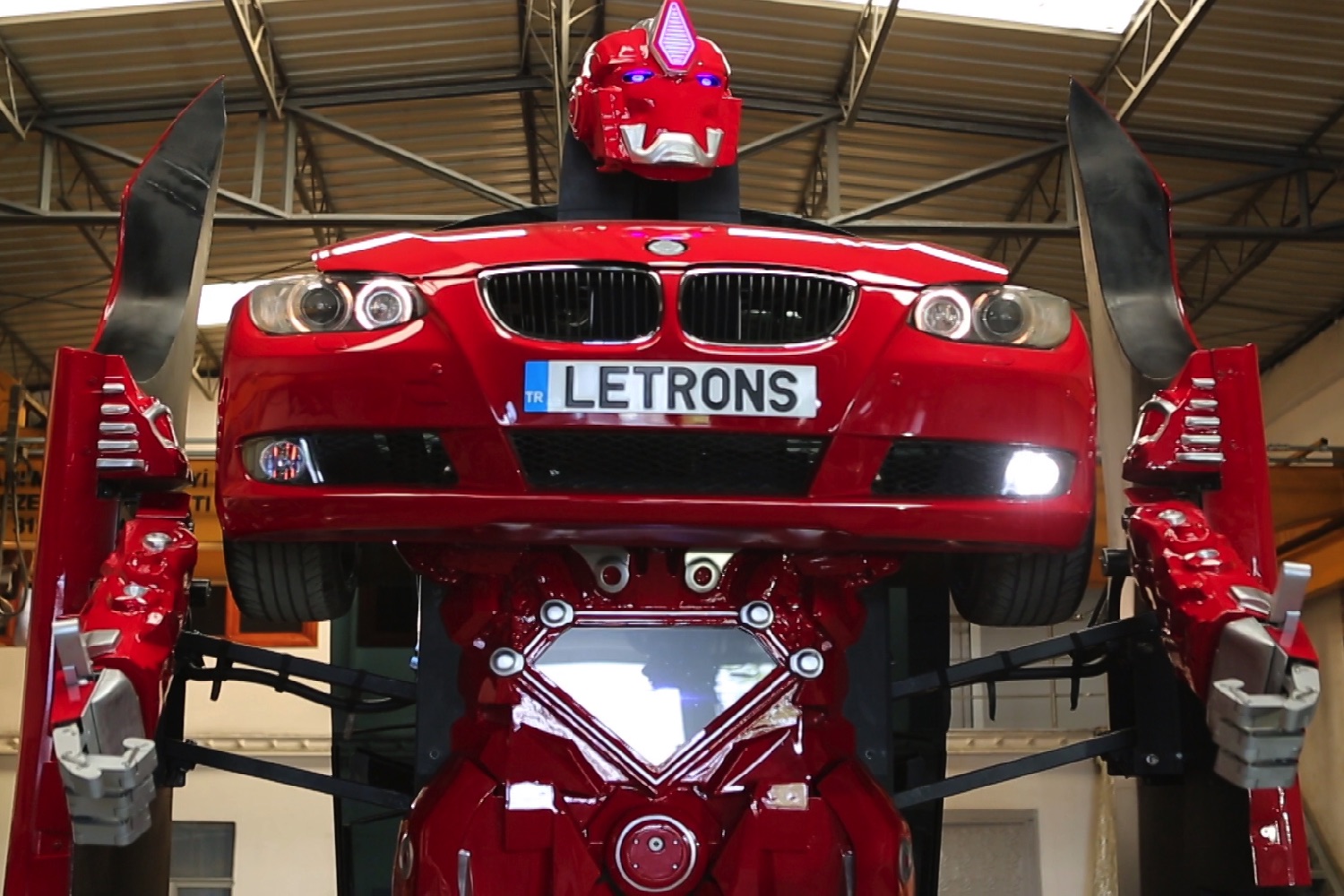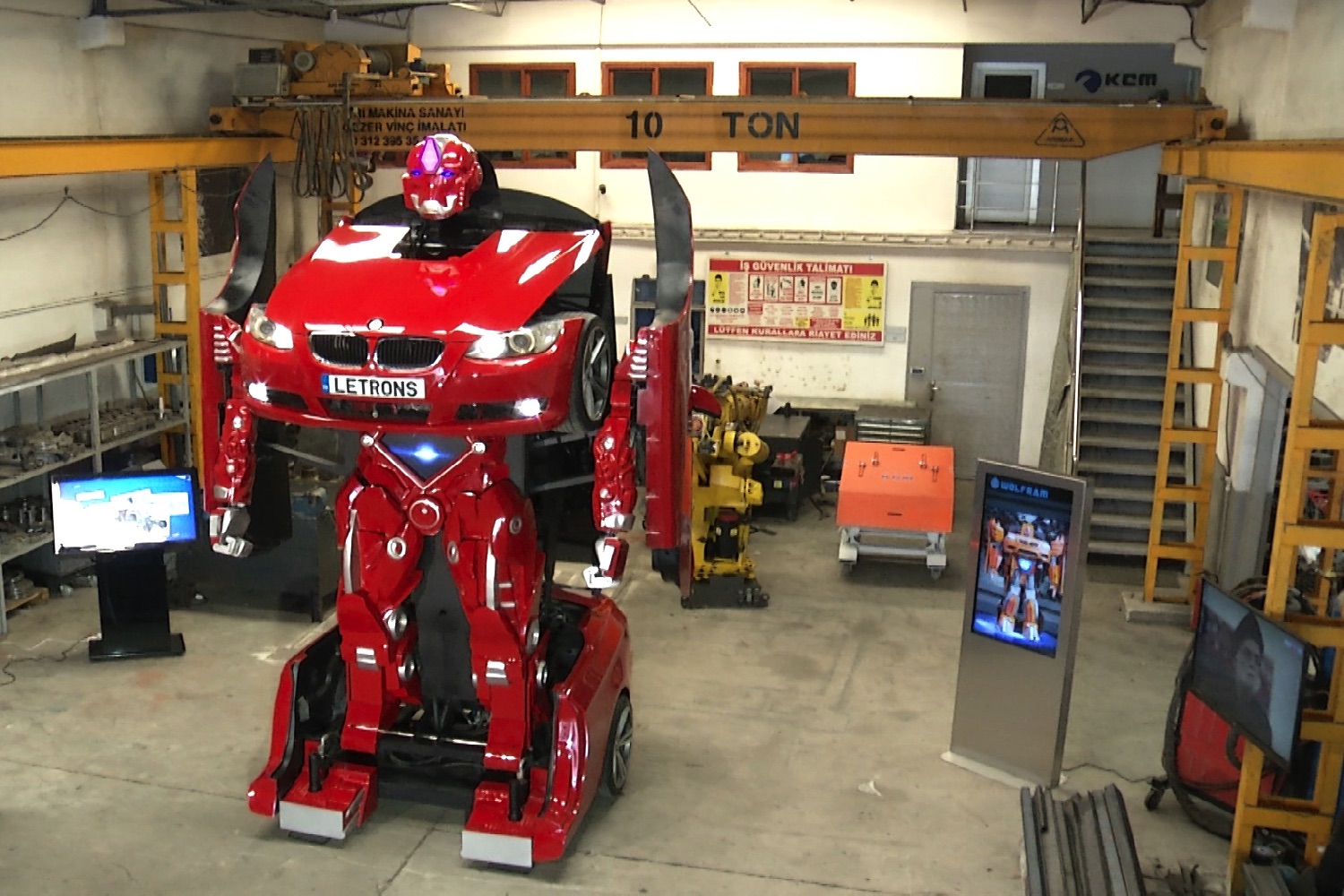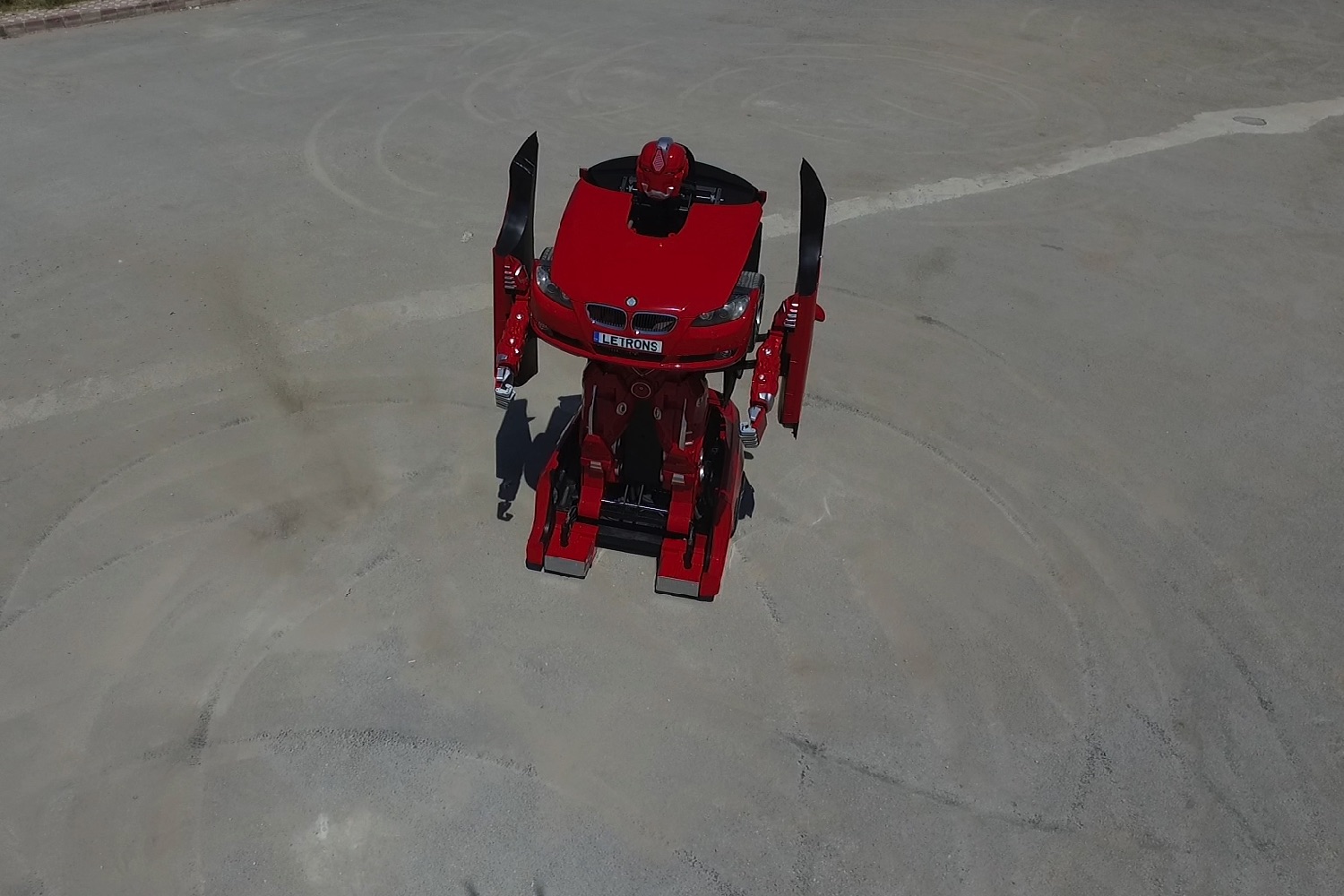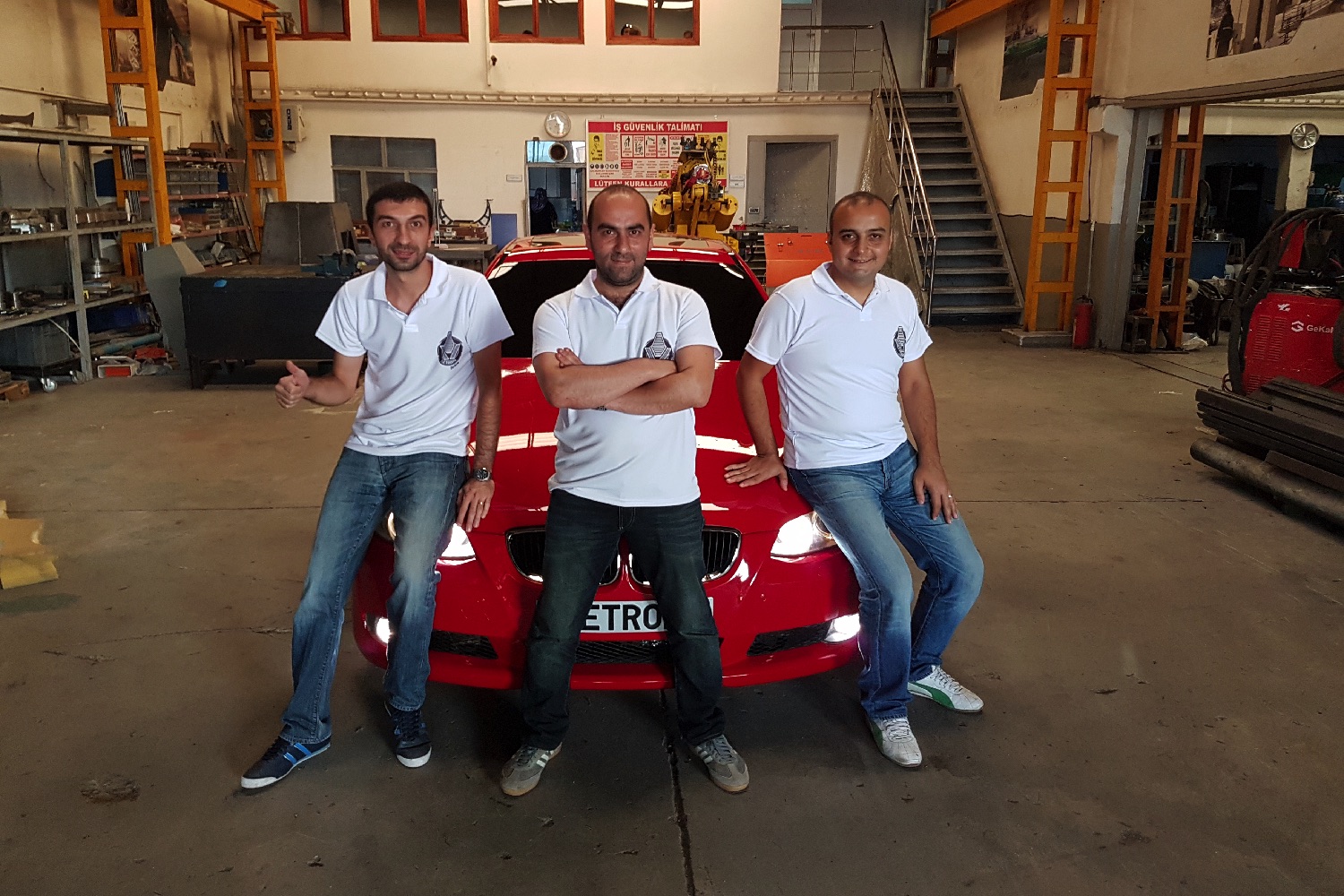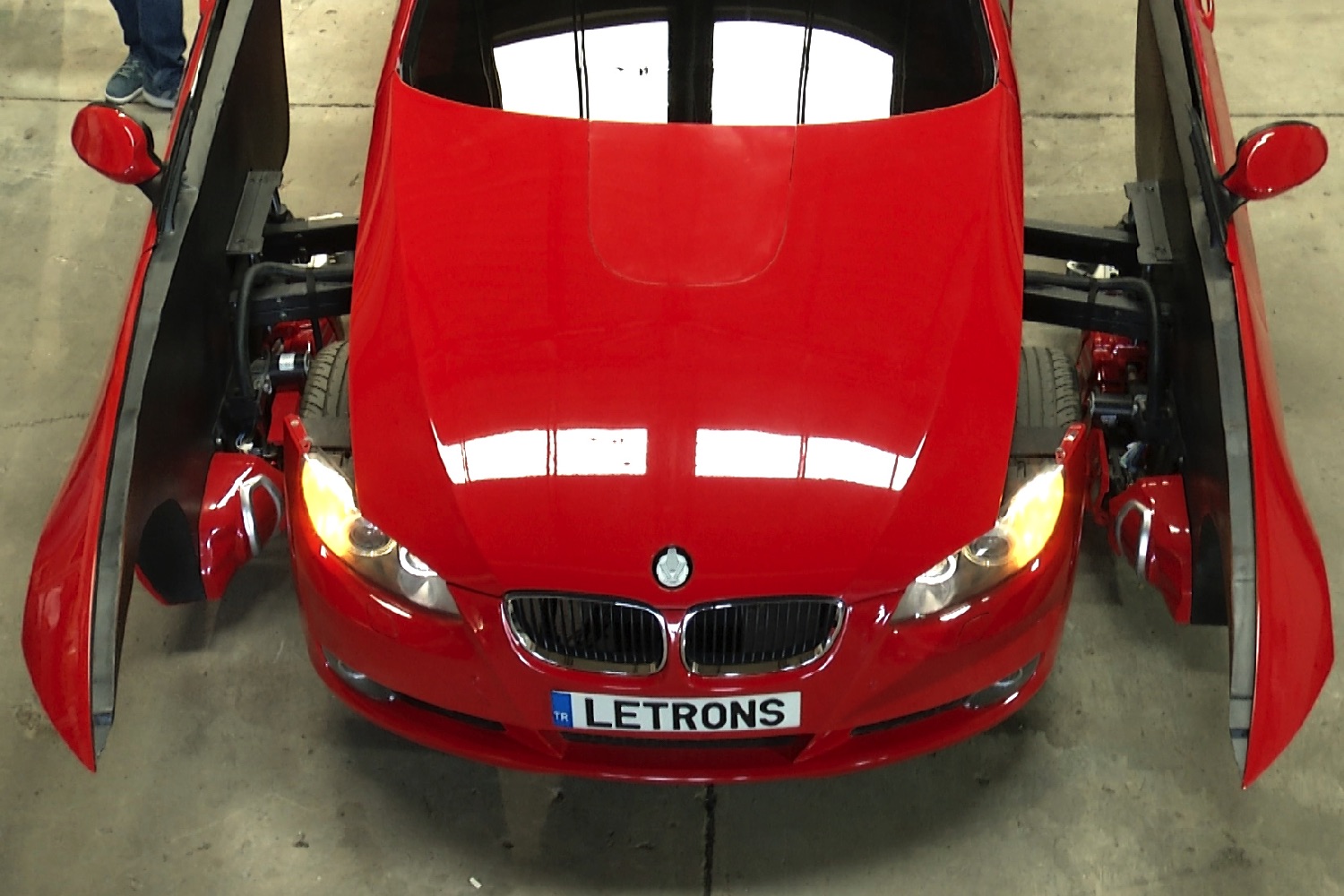Called Letvision, the company is assembling transforming robots out of brand new BMWs. Best of all? Not only can they be transformed with the touch of a button, but they’re also as articulated as the Optimus Prime and Megatron action figures we grew up with.
“They can move their head, neck, wrists, fingers, and so on,” Turgut Alpagot, Letvision’s sales and marketing director, told Digital Trends. “You can even operate their lights and a camera in the chest plate. They’re pretty cool.”
Alpagot explained that the project started out as a conversation between the three company co-founders, all of whom wanted to create something eye-catching. “The three co-founders were brainstorming,” he said. “We wanted to do an extraordinary project, and something that would get great exposure for us around the world. I think we succeeded.”
The process to transform a new BMW into a Transfor… — we mean a “Letron” — currently takes the Letvision team around 90 days to complete, although Alpagot said he hopes this time frame should decrease to 30 days within the next several months. As to how much it costs, “it’s a commercial secret,” he noted, but acknowledged that the project was achieved on a somewhat “restricted budget.”
So what’s the catch?
Well, currently two things: functionality and availability. “You can’t drive the cars after we’ve converted them,” Alpagot said. “It’s just an exterior. Inside, it’s been totally modified by our machinery. There are no seats, no cockpit, no gears, nothing that would let you drive it at present.”
Right now, it’s also not available to your average customer.
“For now, it’s not designed for the retail market,” he said. “It’s more for corporate clients to use as a business showcase — for an advertisement, for example. But in the near future, we’re planning to develop Letrons for individuals. If we have the time and budget, we think it would be possible to make these available for sale over the internet.”
When that happens, it would almost be worth the cost of taking out a second mortgage just to see our neighbors’ reaction!
